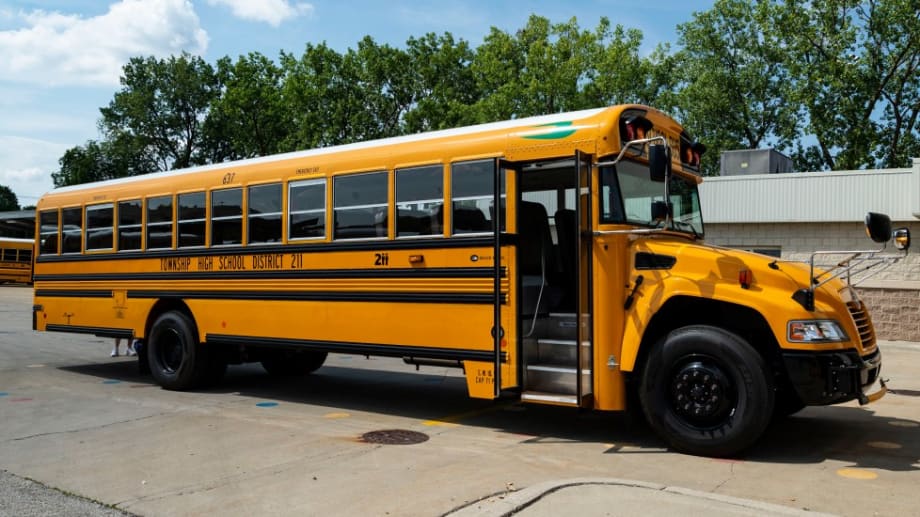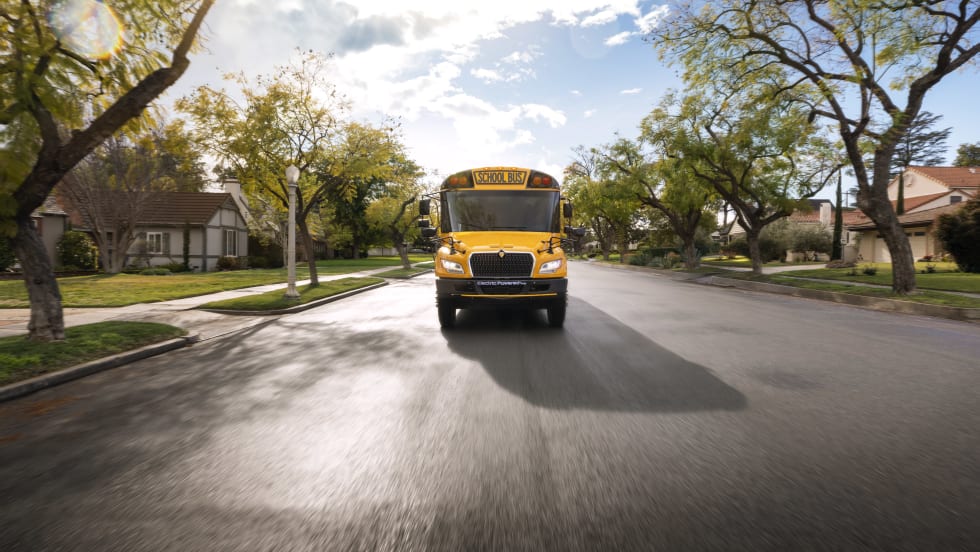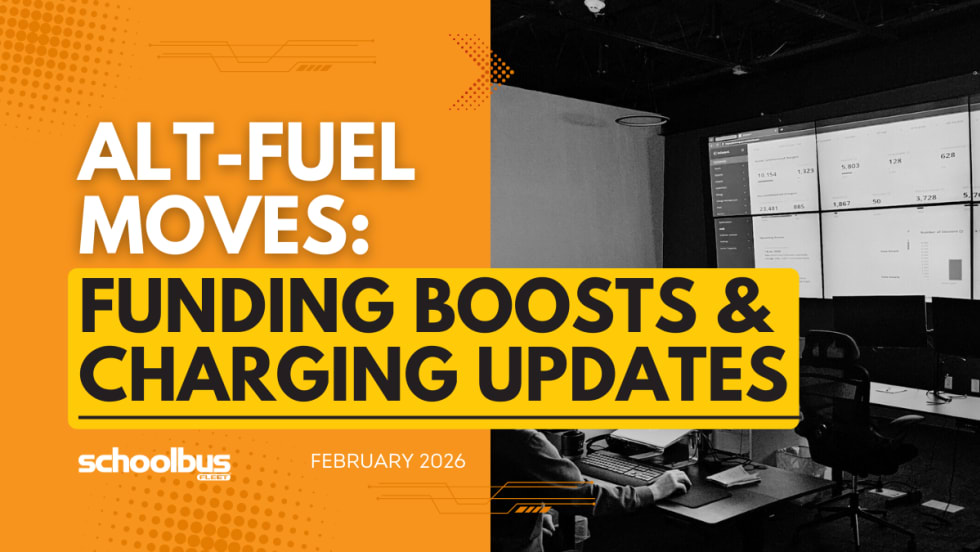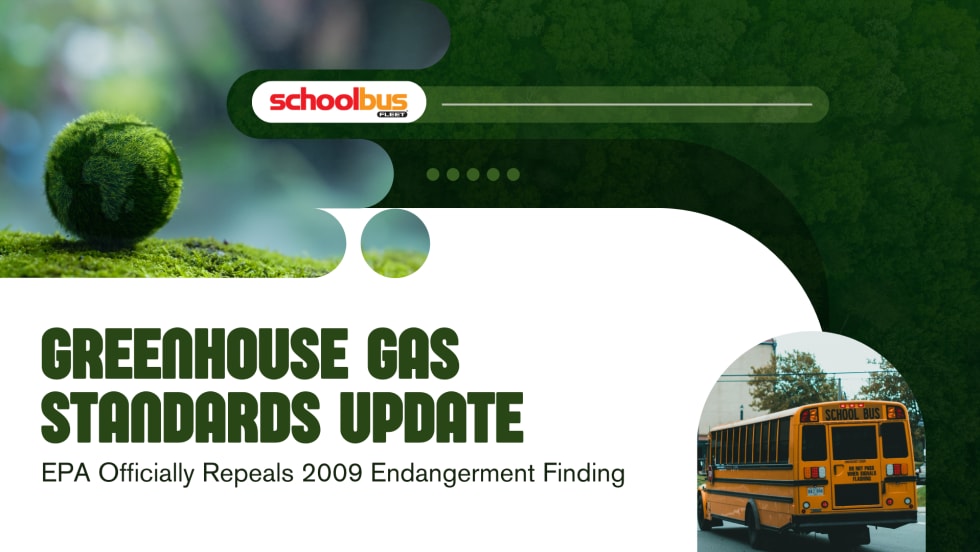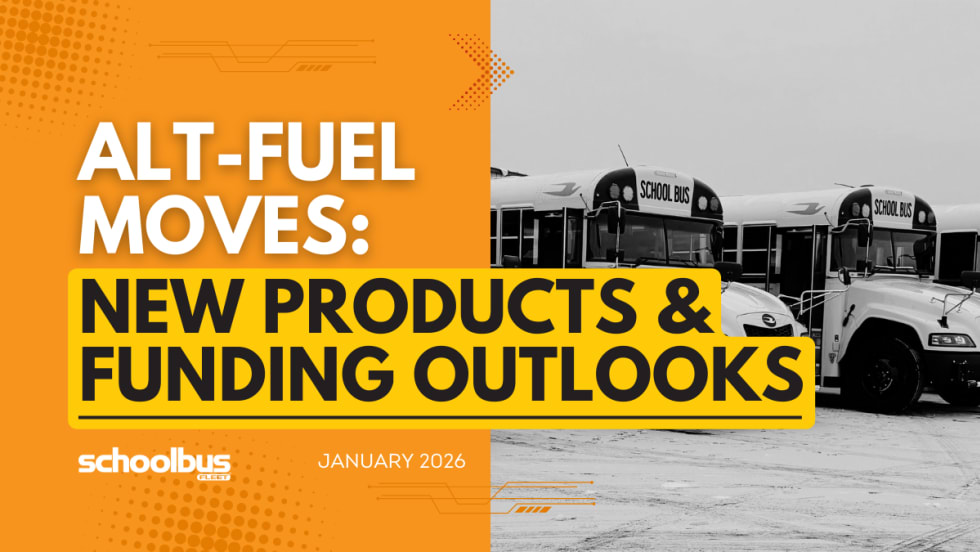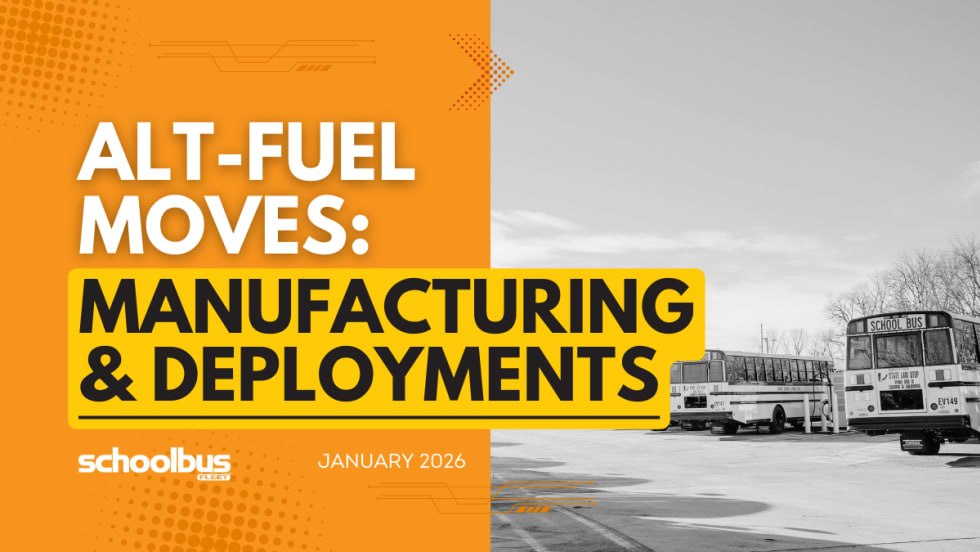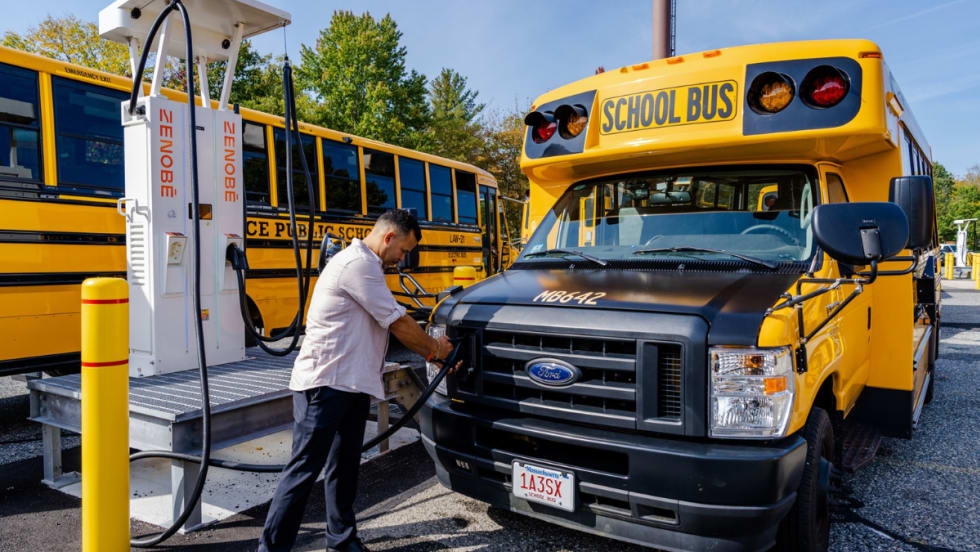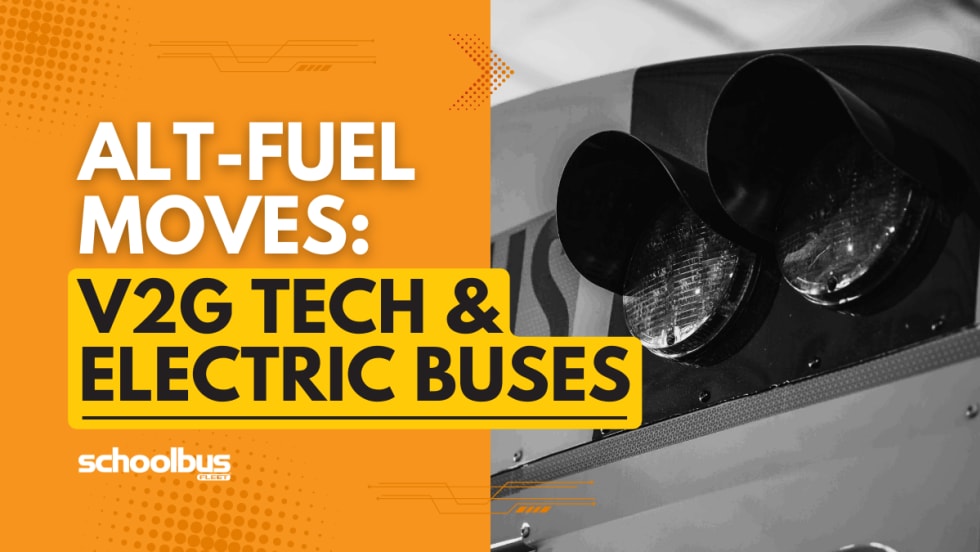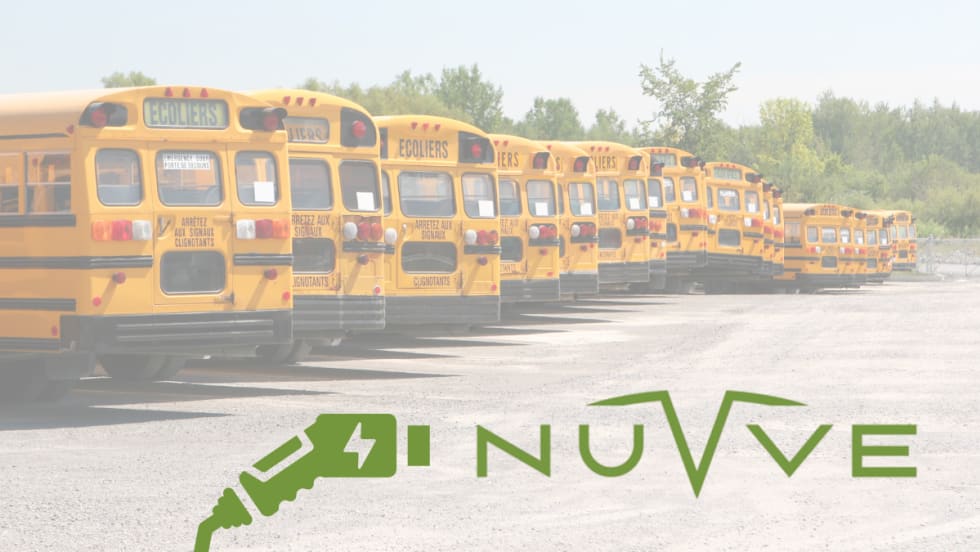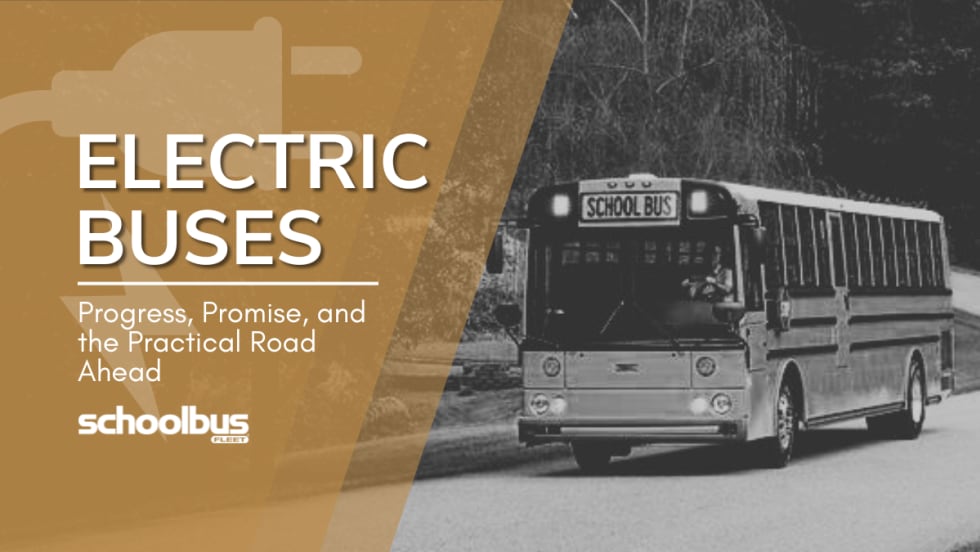For 15 years, Township High School District 211 in Cook County, Ill., has tracked transportation expenses with the Versatrans Fleetvision platform.
Scott Prusko, who oversees school bus maintenance, says the data shows the district saves about $32,000 a year on fuel with its propane-powered buses compared to the diesel vehicles in the fleet.
Currently, Township 211 – one of the largest high school districts in the state with nearly 12,000 students enrolled - runs 88 diesel and 51 propane school buses.
“We enter everything we do from tires to oil changes,” Prusko says. “The system calculates parts costs and labor costs, calculates fuel, and keeps a good running number and a real-time number.”
The buses contain Ford engines powered by ROUSH CleanTech propane fuel systems. It has been estimated that the propane buses reduce nitrogen oxide emissions by about 14,000 pounds each year.
Comparing 51 propane and 51 diesel buses on maintenance service and repairs, Prusko found:
Cost to maintain a propane bus per year: $686 ($34,986 for 51)
Cost to maintain a diesel bus per year: $2,238 ($114,388 for 51)
Cost to fuel a propane bus running 12,000 miles per year: $3,500
Cost to fuel a diesel bus running the same distance: $4,133
Overall, the average maintenance savings for propane buses is $79,402. He also reports that the district saves time and frustration with propane when it comes to warranty work.
“Technical support of bus propane-related issues is a phone call away and, in most cases, solved in under an hour,” Prusko says. When their Blue Bird propane buses need fuel system parts from ROUSH CleanTech in Michigan, he says, parts usually get shipped the next day. For diesel buses, on the other hand, warranty issues may take weeks to resolve because they must be driven to a dealer and then await parts.
“This one is hard to put a price on, because it’s priceless to have your fleet up and running in days versus weeks,” he says.
Where his team might spend a week working on a diesel school bus, it’s usually more like a day when they work on a propane bus, he says.
Township High School District 211 has a goal of a 100% propane student transportation fleet within a decade. In the 2022-23 academic year, Prusko says, the fleet should shift to 77 diesel and 62 propane as more of the older buses are retired.
“Our drivers love it, the buses warm up in an instant, they don’t smell it,” he says. “It’s working wonderfully for students too.”




